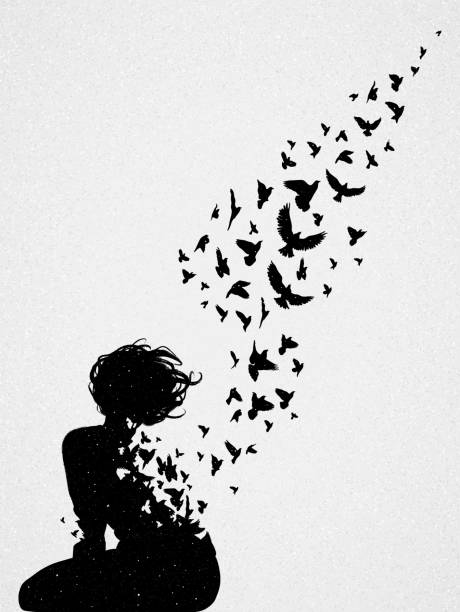Loss is a universal experience, yet it manifests in many ways. While we often associate grief with death, it can also arise from other significant changes and absences in our lives.
Understanding these different forms of loss can help us navigate our emotions and find paths to healing.
The Loss of Relationships
One of the most profound forms of loss is the end of a relationship. Whether it’s a romantic partnership, a friendship, or a family bond, the end of these connections can leave a deep void. The future you imagined with that person is gone, and the daily support and companionship are lost. This type of grief is real and deserves acknowledgment.
The Loss of a Parent to Dementia
Watching a parent succumb to dementia is another heart-wrenching experience. As their memories fade and their personality changes, you lose the person they once were, even though they are still physically present. This gradual loss can be incredibly painful, as you mourn the relationship you had and the one you hoped to continue.
The Loss of a Child Who Goes No Contact
When a child decides to go no contact, it can feel like a part of you is missing. The dreams and hopes you had for your relationship with them are shattered. This type of loss is often accompanied by feelings of guilt, confusion, and deep sorrow. It’s important to recognise that this grief is valid and significant.
The Loss of a Parent Who Abandoned You
Grieving a parent who abandoned you is complex. The absence of a parent leaves lasting scars, shaping your life in profound ways. When they pass away, the grief is not just for their death but for the relationship you never had. The loss of the childhood you should have enjoyed and the bond that was never formed can be deeply painful.
The Loss of Objects and Places
Loss isn’t limited to people. You can also grieve the loss of objects and places that held significant meaning. A home you had to leave, a job you lost, or even a cherished item can impact your sense of identity and security. These losses are often overlooked but can be just as impactful.
Coping with Loss
Recognise and accept your emotions. Grief is a natural response to loss, and it’s important to allow yourself to feel and process these emotions.
Talk to friends, family, or a therapist. Sharing your feelings can provide comfort and perspective, helping you feel less alone in your grief.
Focus on building positive experiences and relationships. This can help fill the void left by the loss and bring new joy into your life.
Take care of your physical and emotional well-being. Exercise, eat well, and engage in activities that bring you joy and relaxation.
If the person who caused the pain is still in your life, set boundaries to protect your emotional health. It’s okay to prioritize your well-being.
Reflect on what you’ve learned from the experience. Finding meaning in your loss can help you move forward with a sense of purpose and direction.
Healing takes time. Allow yourself to grieve at your own pace and be gentle with yourself during this process.
Grieving the loss of someone still alive, or the relationship you never had, is a painful journey. But recognising this grief is the first step towards healing. Remember, it’s okay to seek help and take steps to heal. Your feelings are valid, and you deserve to find peace and happiness. Loss in all its forms is a part of life, but with compassion and support, you can navigate through it and find a path to healing.
#Abandonment #GriefJourney #LossAndHealing #EmotionalWellbeing #CopingWithLoss #HealingFromGrief #ParentChildBond #AbandonmentIssues #MentalHealthAwareness #FindingClosure #SupportAndHealing #NavigatingGrief #LifeAfterLoss #EmotionalResilience #GrievingProcess #SelfCareJourney

Commenti